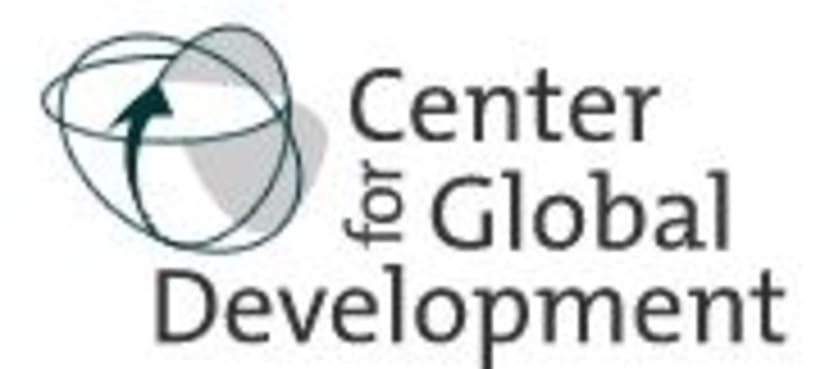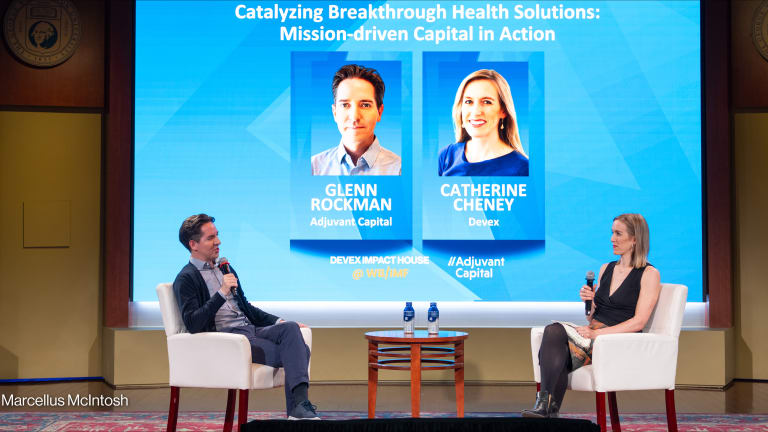
EDITOR’S NOTE: Like development agencies, venture capital firms are very involved with the organizations and projects they invest in, notes William Savedoff, senior fellow at the Center for Global Development. But unlike aid agencies, venture capital firms stay away from investing in failing initiatives, he adds.
I recently participated in a conference of Engineers Without Borders Canada which was one of the most thought-provoking events that I’ve attended in a long time. One of the speakers was Vernon Lobo who is with a venture capital firm, Mosaic Venture Partners. For years, I’ve been promoting the idea that aid agencies should behave more like venture capital firms. Like venture capital firms, I’ve argued, aid agencies should not expect every project to be successful. Rather they should think of themselves as having a portfolio of projects – some will succeed and others will fail. The goal for aid agencies is to learn from the whole portfolio so that, over time, good approaches can be retained and shared while bad approaches can be dropped.
What I didn’t expect to hear is how involved venture capital firms are with the firms they invest in. My experience with aid agencies and multilateral development banks suggests that these well-meaning outsiders are often too involved and demanding toward recipient countries. I’ve come to the opinion that aid is too “hands on” and that country ownership would be better served by a lighter touch. I had thought that venture capital firms were also “hands off” – letting the entrepreneurs they invest in follow their own strategies. To my surprise, Vernon explained that venture capital firms behave very similarly to aid agencies. The relationship with clients is key, so that as unforeseen events occur, the two parties can adapt in good faith with one another. Projects are structured in stages, with opportunities to rethink and revise programs as they evolve. Staging also creates opportunities for the venture capital firm to pull out if they come to the conclusion that further investment is unwise.
While Vernon admitted he knew little about how international aid agencies and NGOs operate, his description of how Venture Capital firms work mirrored the aid agency approach quite closely. This suggests to me that aid agencies are solving a similar problem – risky endeavors with partners – in a similar way to venture capital firms. The one way in which the two differ, though, is quite significant. Venture capital firms do not want to put more money into failing initiatives; while aid agencies do want to fully spend their budgets. This difference is crucial in two ways. Since aid agencies are mostly interested in disbursing, they have weak incentives to find out whether a project is really having an impact or not; the venture capital firms have strong incentives to gather such information. Secondly, the aid agencies are likely to stick with failing approaches much longer than a venture capital firm would.
My takeaway from Vernon’s talk was to question whether my recommendations to aid agencies for more “hands off” approaches are wise. I shared this question with another conference participant who has experience with private and public funders for his NGO. He described how much he valued the support his organization gets from a particular private foundation not just for the financial support but for the skilled and experienced program officers who help him solve problems and improve his operations. He contrasted this experience with the support he receives from a particular public funding agency; in this relationship, he finds the exchanges tend to be more burdensome than helpful.
This left me with one final question. Is this contrast between private and public support a systematic difference? Is there something about public aid agencies and multilateral development banks that necessarily leads them to be more meddlesome than helpful? I know plenty of highly qualified and experienced people in development agencies who are providing excellent support to developing countries. But I also know they are regularly frustrated by the constraints imposed on them to disburse funds independently of progress and to report back to managers in a way that will satisfy political overseers. This suggests to me that the appropriate choice between hands on and hands off is still an open question for aid agencies and one that needs to be tested, as we’ve argued, with something like COD Aid.
Re-published with permission by the Center for Global Development. Visit the original article.








